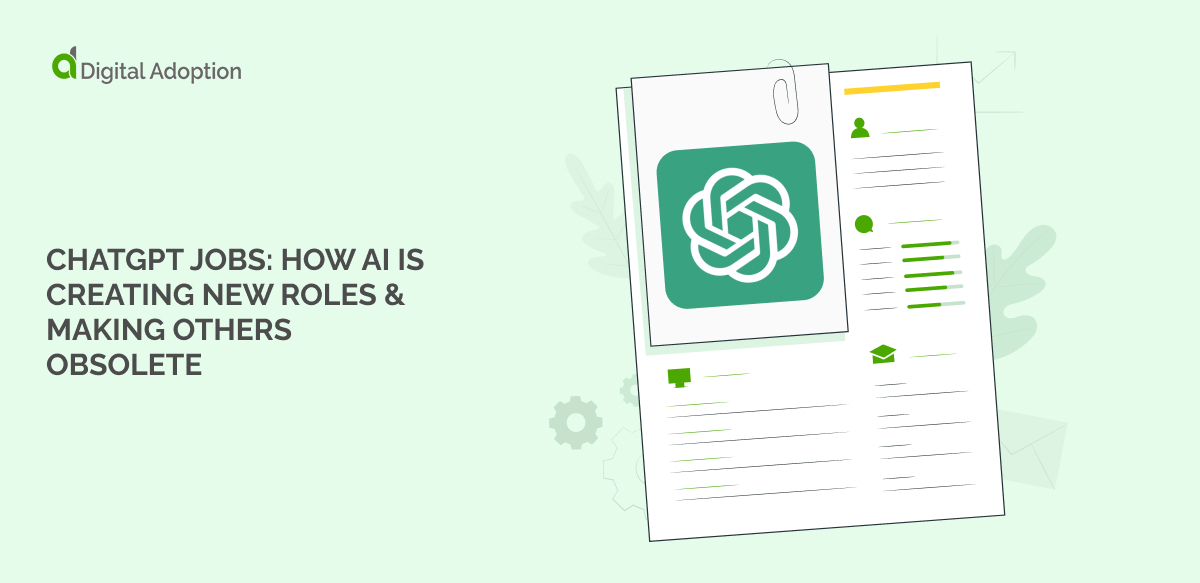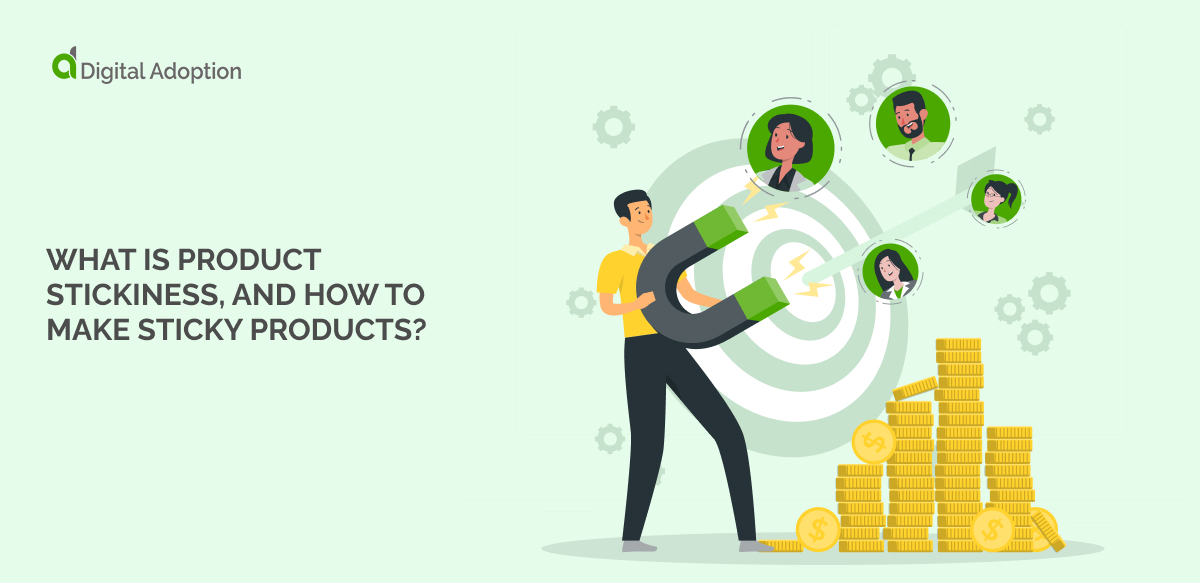It’s expected that the global data mining market will grow at a compound annual growth rate (CAGR) of 11.9%. The industry is set to expand and develop in the next few years and is projected to rise from $546.2 million annually in 2018 to $1431.5 million annually in 2023. Data mining salaries are anticipated to match the industry’s sudden rise in demand and with inflation taken into account, median salaries now fall anywhere between $67.407/Year to well over $100,000/Year.
It’s the job of a data mining analyst to comb through information in massive data stores whilst deciding the inherent value and meaning of this information. They use their knowledge and expertise to interpret informational patterns and find connections between data and organizational priorities.
Data mining analysts employ the use of statistical software and algorithms to assess, explore and develop vital business solutions. This means that data mining specialists are required to have advanced technical skills, computer programming abilities, and sound business intelligence to reach the top pay grade.
Why Has The Market Experienced Such Advanced Growth?
The massive growth in the data mining market is motivated by two imperatives—an increase in the amount of data and the need for modern businesses to make use of accessible data. North America and Europe have a monopoly on the data mining market, having invested in big data tools from very early on. However, the Asia Pacific (APAC) region is set to grow at an astonishing rate of 17.3%, which is mainly down to the adoption of data mining tools.
If this trend continues this means that the data mining industry represents one of the biggest industrial growths in modern history. This marked expansion indicates a perfect opportunity for people to invest in their futures and learn a new skill that is extremely high in demand.
Data Mining Analyst Salaries Based On Experience
As with all industries, salary expectations for data miners are based on their level of experience. This means that if you are just starting out or have less than a year of experience, you can expect to receive much less than your polished counterparts.
The table below illustrates data mining salary expectations as related to experience:
| Entry Level (Less Than A Years Experience) | $47,000 |
| Early Career (1-4 Years Experience) | $64,000 |
| Mid Career (5-9 Years Experience) | $96,000 |
| Expert (10-19 Years Experience) | $171,000+ |
How Much Does Experience In Data Mining Impact Salary?
Experienced data miners can expect to earn as much as 157% higher income rates when compared to their inexperienced counterparts, with mid-level data miners expected to earn around 45%. Because data mining incorporates a large degree of strategic business planning, other skills sets are factored in when choosing the right candidate.
Data analysts, statistical analysts, and those proficient in SQL have a much higher chance of attaining the top salaries, whilst mid-level earners have better access to training and development opportunities. Those that are just starting out in the industry have an opportunity to learn foundational skills and knowledge from the ground up, in an industry that is set to grow year on year for the next 10 years.
Can I Be A Data Mining Analyst?
Modern businesses from all over the world that operate in the age of digital-first receive vast amounts of data from various sources each day. If this data is examined, sorted, and filtered correctly, businesses can use it in a multitude of ways to streamline business processes, create effective targeted marketing campaigns and develop a customer-centric approach.
The need for highly skilled, qualified data miners is growing because businesses are utilizing valuable data to make informed business decisions based on statistical analysis. This means that there is an increasing opportunity for young professionals to become thought leaders, rethink their career paths and jump headfirst into what is predicted to be one of the biggest future industry giants we’ve ever seen.
How Do Data Mining Analysts Specifically Add Value To Businesses?
Businesses are always looking for new ways to optimize their business strategies and streamline processes. Without specialists, it would be impossible for businesses to make sense of huge amounts of massive data. Analysts and miners alike, work together in unison to interpret huge amounts of data that generate unparalleled insights and opportunities for the business collecting it.
Data mining analysts work on full-spectrum data that incorporates a business’s products, performance, and customers. The most successful data miners establish indicators that assist decision-makers in making informed judgments. Data mining analysts also provide key insights and information that businesses can use to determine their marketing strategy, product development cycle, and improve production processes.
What Types Of Data Do Data Mining Analysts Have Access To?
Data mining analysts have access to three key data types:
- Metadata
Metadata simply means “data about data”. The term is defined by databases that store other types of data and the provision of information about said data. It’s essentially used to summarize and compartmentalize basic information about data which makes tracking, search and usability easier.
- Transactional Data
Transactional data represents all of the data that businesses collect each day from sales, inventory, operating costs, and other areas. It captures a complete record of each transaction made within a given timeframe and documents the time, date, location, price, purchase method, and items paid for in a single transactional report.
- Non-Operational Data
Non-operational data includes complex forecasts, statistical data, and oscillating waveforms that are collected in substation equipment such as digital fault recorders and temperature sensors. Non-operational data includes fault data, event data, and equipment monitoring data.
Conclusion
The field of data science is growing and will continue to do so for the foreseeable future. New opportunities are being created each day to satisfy the growing demand that big data has on modern business. One of the best things about being a data mining specialist is the ability to work across different industries and sectors.
Qualified data analysts are no longer tied down to monotonous 9-5s and can instead reap the benefits of remote and hybrid work. The rewards are endless and the chance to work with some of the world’s most recognizable brands is a only LinkedIn profile update away.













